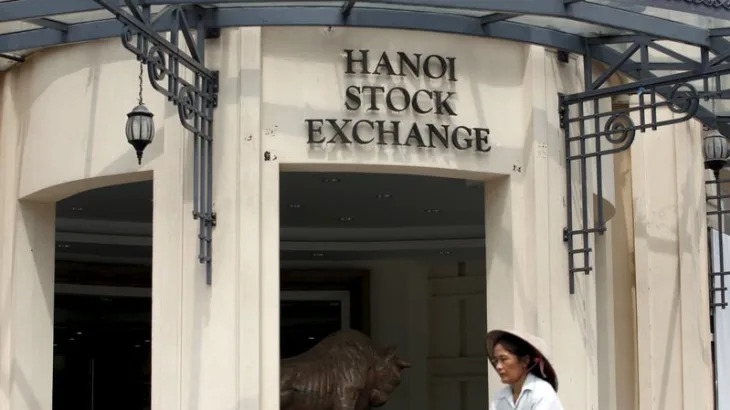(Bloomberg) -- South African stocks have their noses in front of emerging-market peers, but glum news from China threatens to weigh on the key mining sector and stymie that outperformance.
Johannesburg’s main equity index has climbed about 8% in 2024 in dollar terms, outshining the 4.8% advance for MSCI Inc.’s gauge of emerging-market stocks. Miners aren’t helping, with the sector dragged lower by worries over weaker demand from China, the biggest customer for South Africa’s industrial metals.
Iron ore touched the lowest level in almost two years this week, battered by the continued crisis in China’s property market. Seven of the 10 worst-performing Johannesburg stocks this year are mining companies.
“The mining stocks will continue to see a little bit of short-term pain until we see a full-on China recovery,” Tana Mongwe, an analyst at Old Mutual Investment Group in Cape Town, said in an interview.
Optimism flowing from South Africa’s elections in May and prospects of lower interest rates have propelled the FTSE/JSE Africa All Share Index to record highs. Yet an index of Johannesburg-listed industrial miners has dropped more than 9% this year, with Anglo American Plc’s Kumba Iron Ore Ltd. leading the retreat with a 45% slump.
It mirrors the picture in Europe, where basic resources stocks are the biggest laggards in the regional Stoxx 600 benchmark. Slow progress in China’s efforts to tackle an oversupply of homes has deepened investor pessimism about the outlook, although mining shares rebounded from oversold levels on Thursday.
“The market is a little bit worried around China and its weakness, particularly with regards to property and the impact that’s having on iron ore,” said Unathi Loos, a portfolio manager at M&G Investments. Authorities in Beijing have “tried all sorts of things in terms of trying to stimulate the property sector, but none of that has translated as yet into stronger demand,” she said.
Away from miners, prospects for other parts of the South African equity market continue to brighten following May’s general election. The African National Congress lost the parliamentary majority it has held since the advent of democracy in 1994, pushing it into a broad coalition that includes the investor-friendly Democratic Alliance.
Business and consumer confidence have been buoyed by the potential for an easing in the energy and transportation network snarl-ups hobbling the economy, along with the prospects for interest-rate cuts.
According to OMIG’s Mongwe, those factors should continue to favor domestic construction, property, retail and banking stocks, which have been among the strongest gainers since the vote.
Loos at M&G agrees. “If you think of when you start to see a lot of that outperformance coming through, it does coincide with the country’s new government.”
(Updates share moves and adds Thursday’s rebound in European miners in sixth paragraph.)





